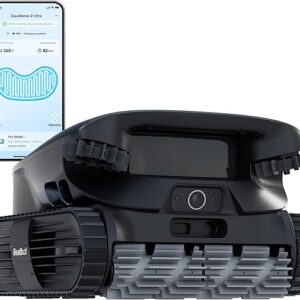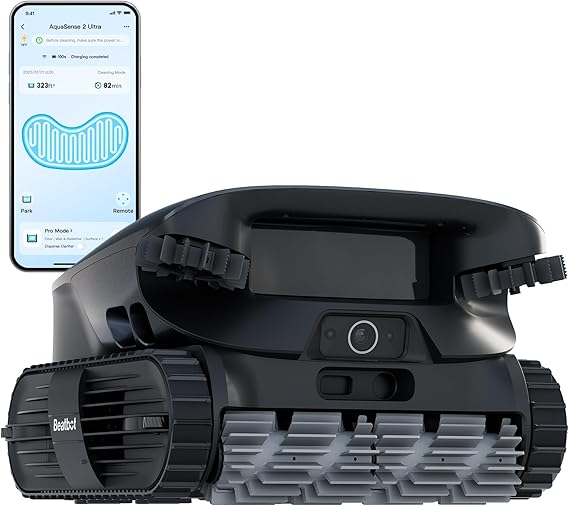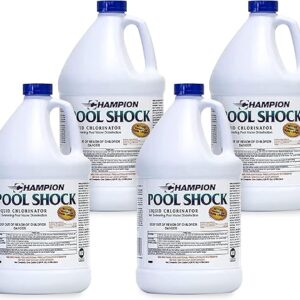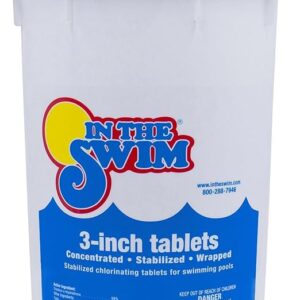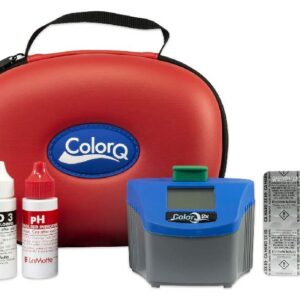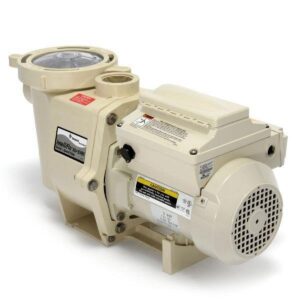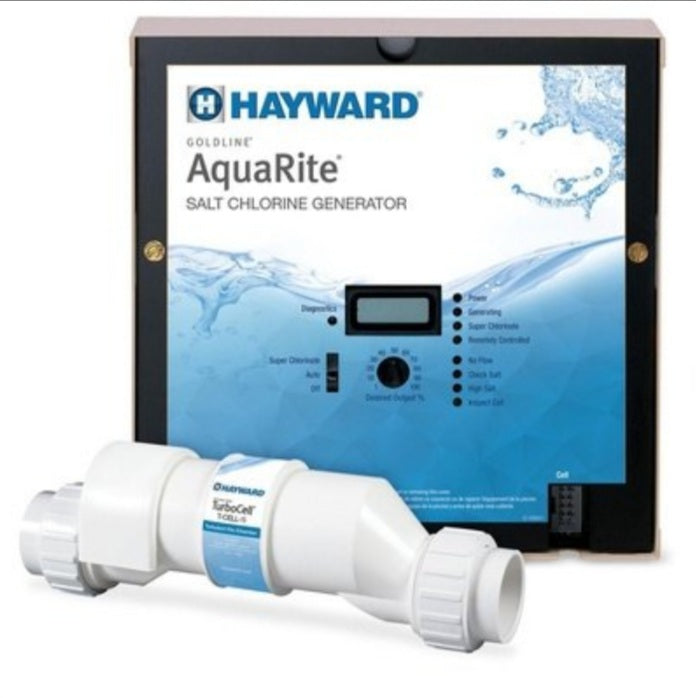How to Choose the Right Pool Heater for Your Spa or Pool: Gas Heater, Electric Heat Pump or Solar Heater?
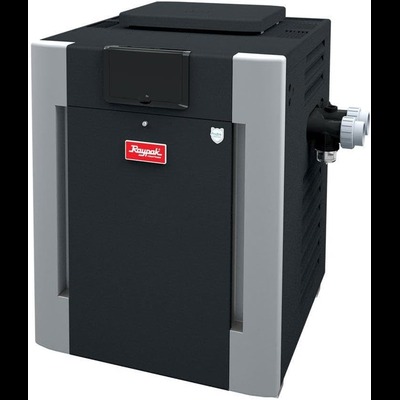
During cold seasons like winter, swimming pools often become ice-cold and are typically winterized, meaning they are closed until the warmer months return. However, for those who enjoy swimming or relaxing in warm water year-round, pool heaters offer a perfect solution to keep your pool or spa warm and inviting, even in the chilliest weather.
This guide explores the types of pool heaters, their benefits, and how to choose the right size and type for your specific needs.
Types of Pool Heaters
There are three main types of pool heaters: gas heaters, heat pumps, and solar heaters. Each type has its own advantages depending on factors like pool size, location, operating costs, and personal preferences. Let’s dive into these options to help you determine the best fit for your swimming pool or spa.
1. Gas Pool Heaters
Gas pool heaters, such as the popular Raypak natural gas pool heater, use natural gas or propane to heat water. These heaters are known for their fast heating capabilities and are ideal for those who need their pool or spa warmed quickly.
Advantages of Gas Heaters:
- Quick Heating: Gas heaters can raise water temperature rapidly, making them perfect for on-demand heating.
- All-Weather Performance: Unlike solar heaters, gas heaters work efficiently in all weather conditions, including cold or rainy days.
Sizing Gas Heaters:
The size of your gas heater is critical for efficient heating. Heater size is typically measured in BTUs (British Thermal Units). Here’s a general guideline based on pool size:
- Pools under 10,000 gallons: Opt for a 100,000 to 200,000 BTU gas heater.
- Pools 10,000–20,000 gallons: A 400k BTU Raypak propane pool heater is highly recommended for fast and efficient heating.
- Pools over 20,000 gallons: Consider 400,000 to 500,000 BTU gas pool heater models for optimal performance.
For smaller spas or hot tubs, a higher BTU heater can still be used for greater efficiency and reduced operating costs.
Materials and Maintenance:
Gas heaters come in various heat exchanger materials: Copper, Cupro-Nickel, and ASME Copper. For saltwater pools, Gas Pool Heater with Cupro-Nickel or ASME Copper exchangers offer better corrosion resistance. Regular maintenance, including balancing pH and chlorine levels, helps prevent stains and scaling.
2. Heat Pump Pool Heaters
Heat pumps are highly efficient, especially in moderate climates. They use electricity to extract heat from the air and transfer it to the pool water.
Models like the Raypak electric pool heat pump are excellent choices for consistent heating over time.
Advantages of Heat Pumps:
- Energy Efficiency: Heat pumps are cost-effective for maintaining water temperature over long periods.
- Versatility: Many models also work as chillers, cooling pool water in hot climates.
Sizing Heat Pumps:
Use the following formula recommended by the U.S. Department of Energy to determine the BTU required for your pool:
Pool Area (sq. ft.) × Temperature Rise (°F) × 12.
For example, a pool with an area of 500 sq. ft. requiring a 15°F temperature rise will need a heat pump with 90,000 BTU capacity.
- Above-ground pools or spas up to 5000 gallons, a 16000 BTU electric heat pump is ideal.
- Inground pools or above-ground pools up to 8000 gallons, a 30000 BUT electric heat pump is sufficient.
- Inground and above pools and spas up to 15000 gallons, a 70000 BTU electric heat pump is ideal.
- For pools and spas up to 28000 gallons, a 90000 BTU electric heat pump is required.
- For pools up to 32000 gallons, a 110 BTU heat pump is idea.
- For inground and above-ground pools and spas up to 42000 gallons, a 140000 BTU electric heat pump is needed.
Ideal Applications:
Heat pumps are most effective in regions with mild winters, such as Texas or Florida, and for smaller pools or spas.
3. Solar Pool Heaters
Solar pool heaters utilize energy from the sun to warm your pool water. They are environmentally friendly and have the lowest operating costs among all pool heater types.
Advantages of Solar Pool Heating Systems:
- Eco-Friendly: Solar heaters rely on renewable energy, reducing carbon emissions.
- Cost Savings: Once installed, they incur minimal operational expenses.
Limitations:
Solar heaters are most effective in sunny climates and during summer. They are not suitable for colder regions or year-round heating needs.
Sizing Your Solar Pool Heater:
The size of the solar heater depends on the surface area of your pool. As a rule of thumb, the total surface area of the solar panels should be 50–100% of the pool’s surface area.
Factors to Consider When Choosing a Pool Heater
1. Pool Size and Heater Capacity
The size of your pool or spa in gallons is a crucial factor in selecting the right heater. A pool heater pump or swimming pool heat pump with insufficient BTU will struggle to heat the water efficiently.
2. Climate and Location
Your region’s climate affects heater performance. In colder regions like Philadelphia, a 400k BTU Raypak propane pool heater is ideal for instant heating. In warmer areas, a heat pump or solar pool heater is often sufficient.
3. Pool Heater Prices and Operating Costs
While the initial cost of a solar pool heating system may be higher, its operational savings can outweigh those of a gas or electric pool heat pump over time.
4. Energy Source Availability
Ensure your home can accommodate the energy requirements of your chosen heater type, whether it’s gas, propane, or electricity.

